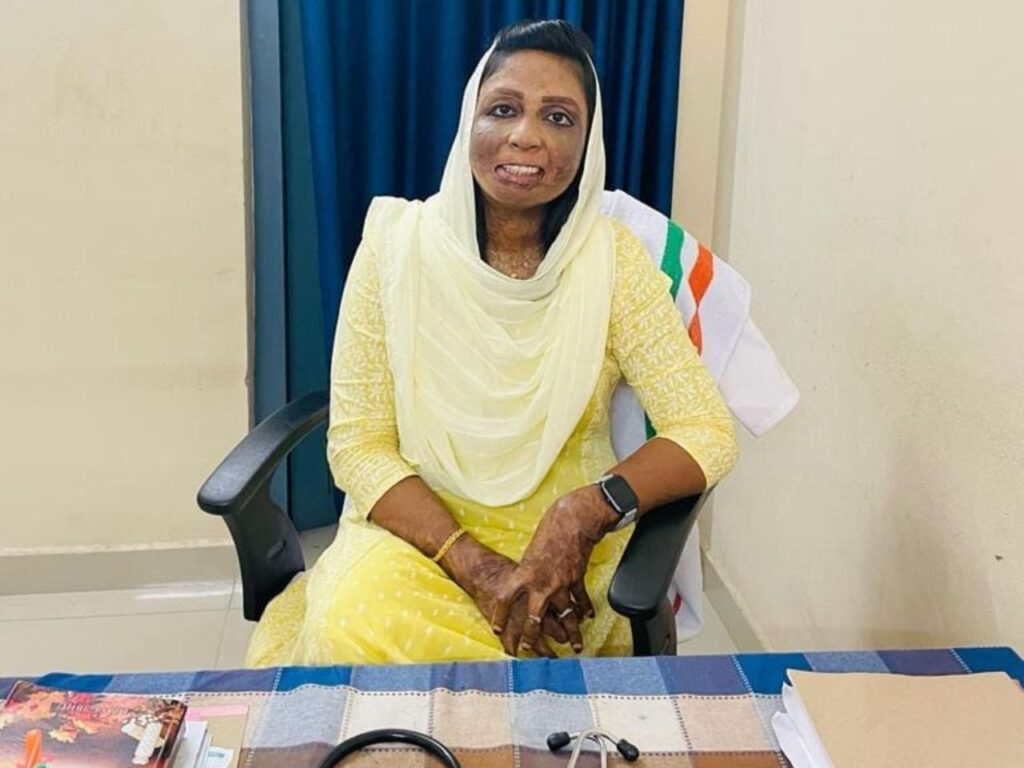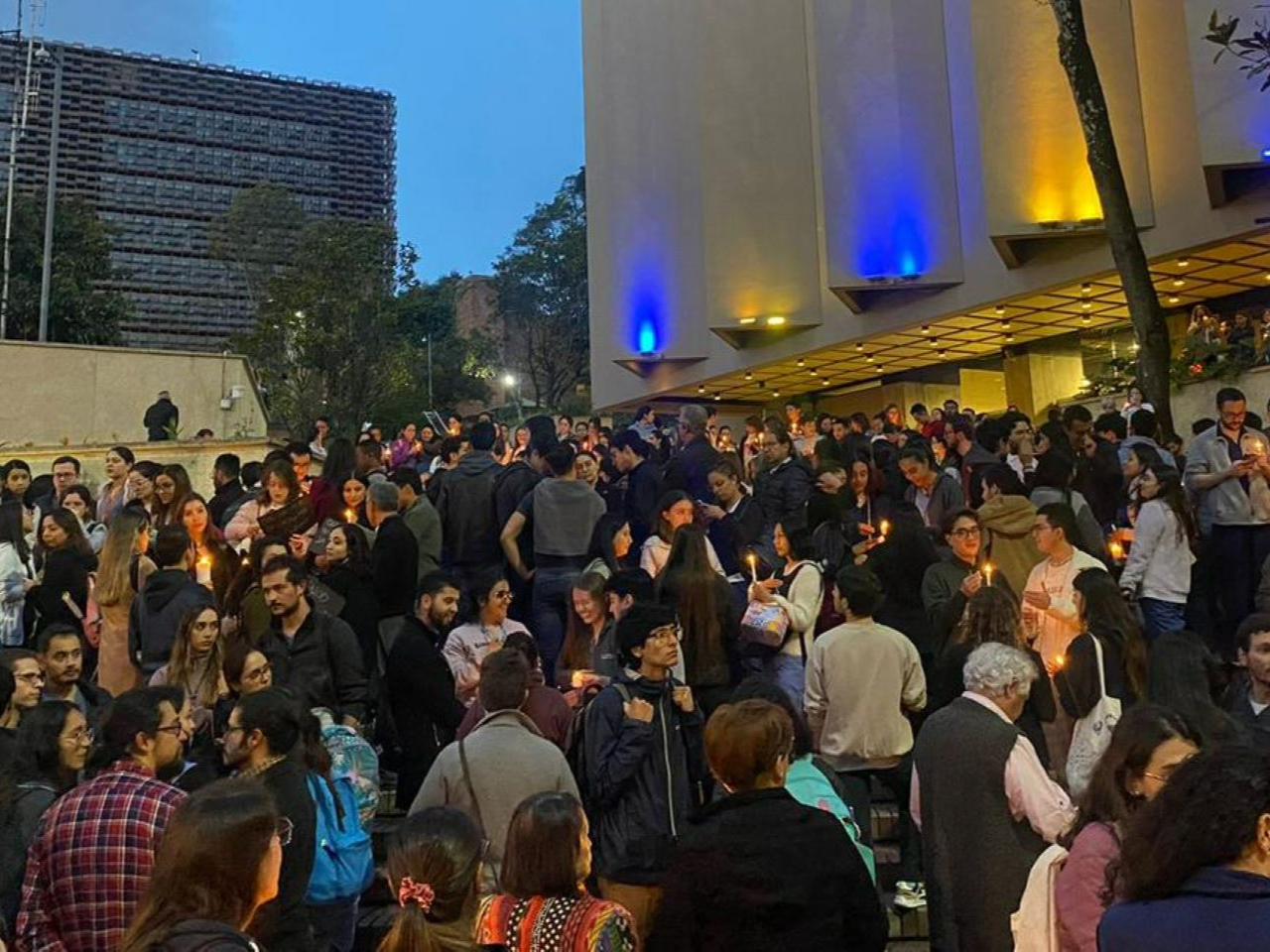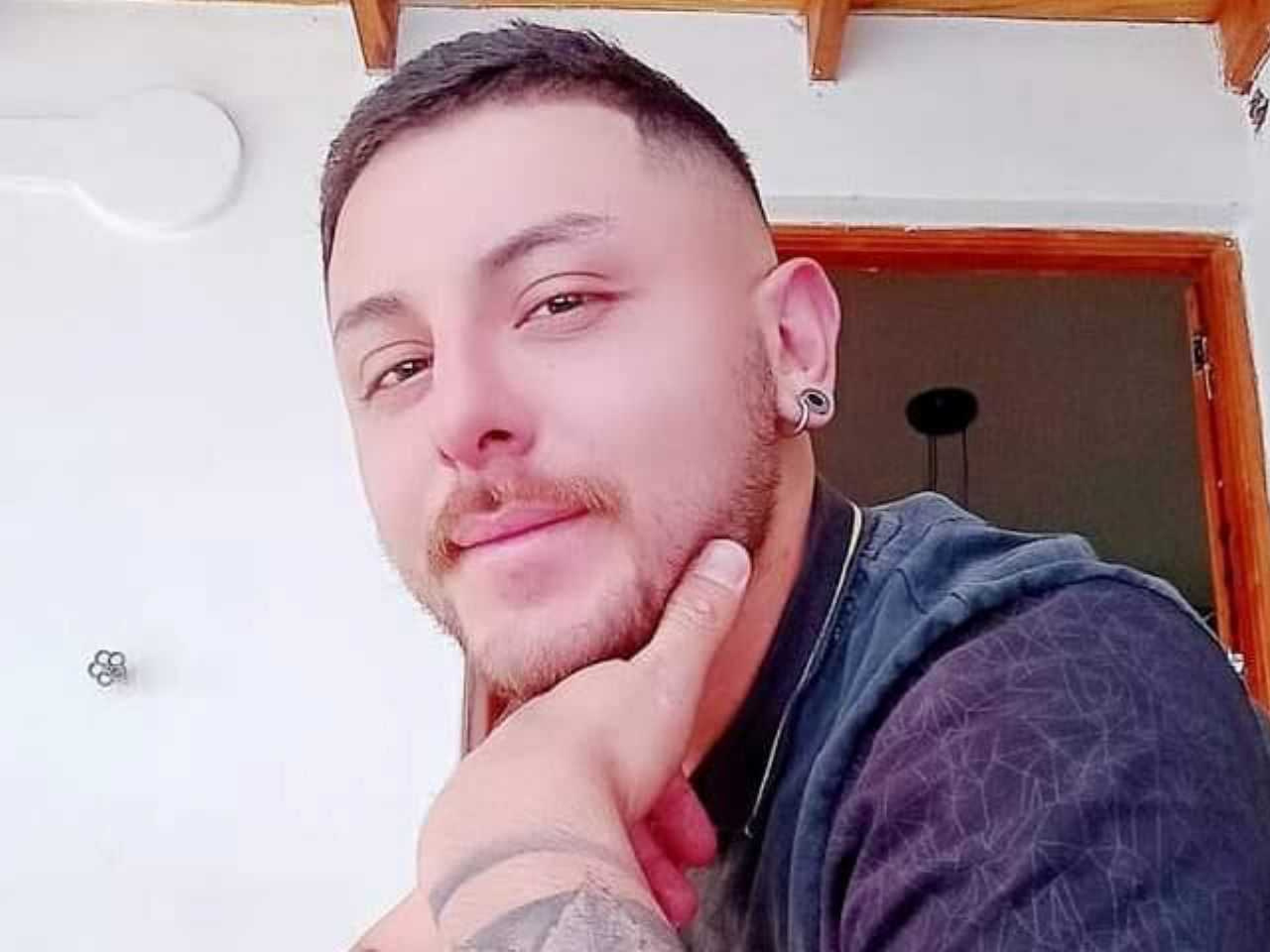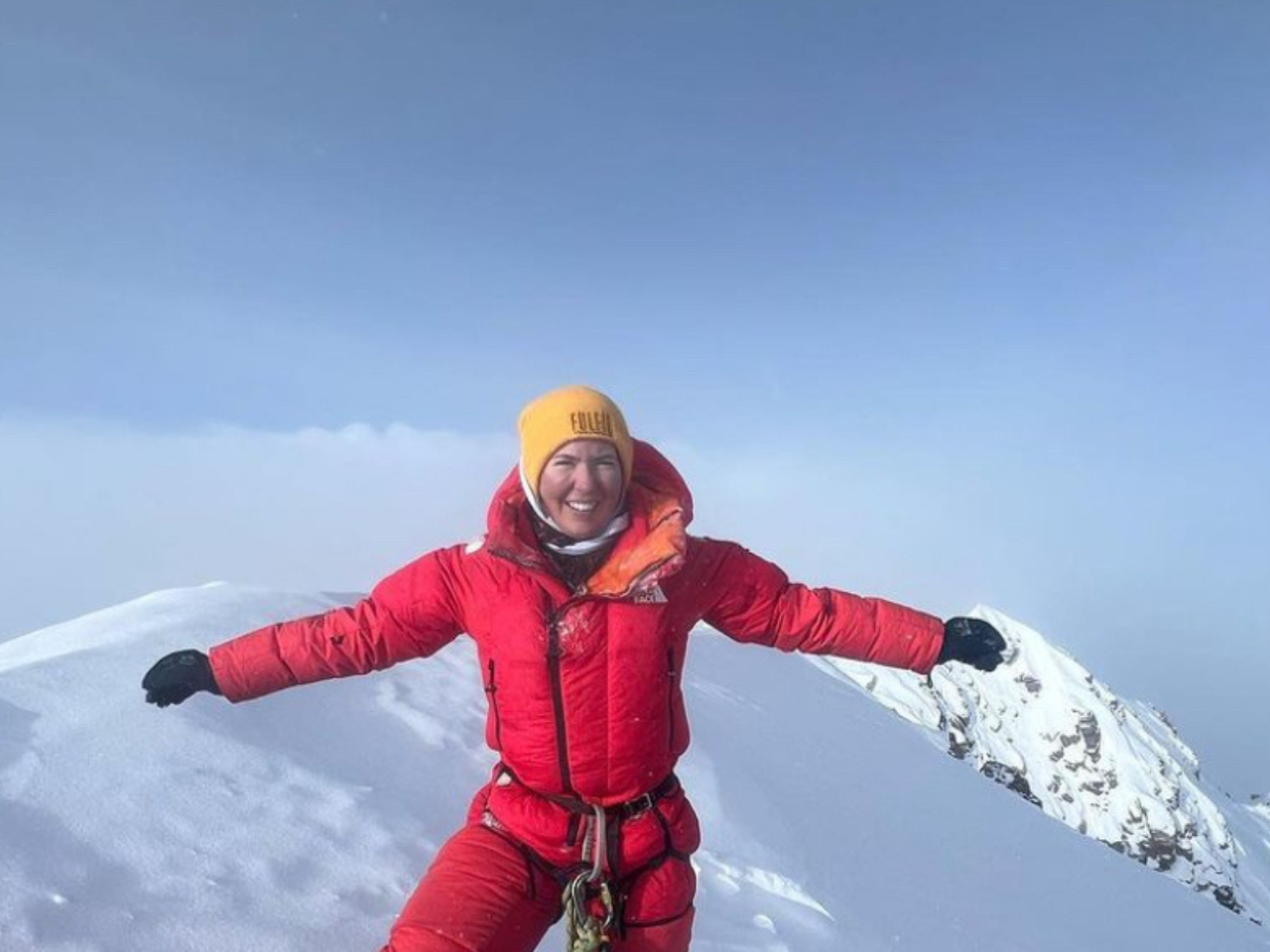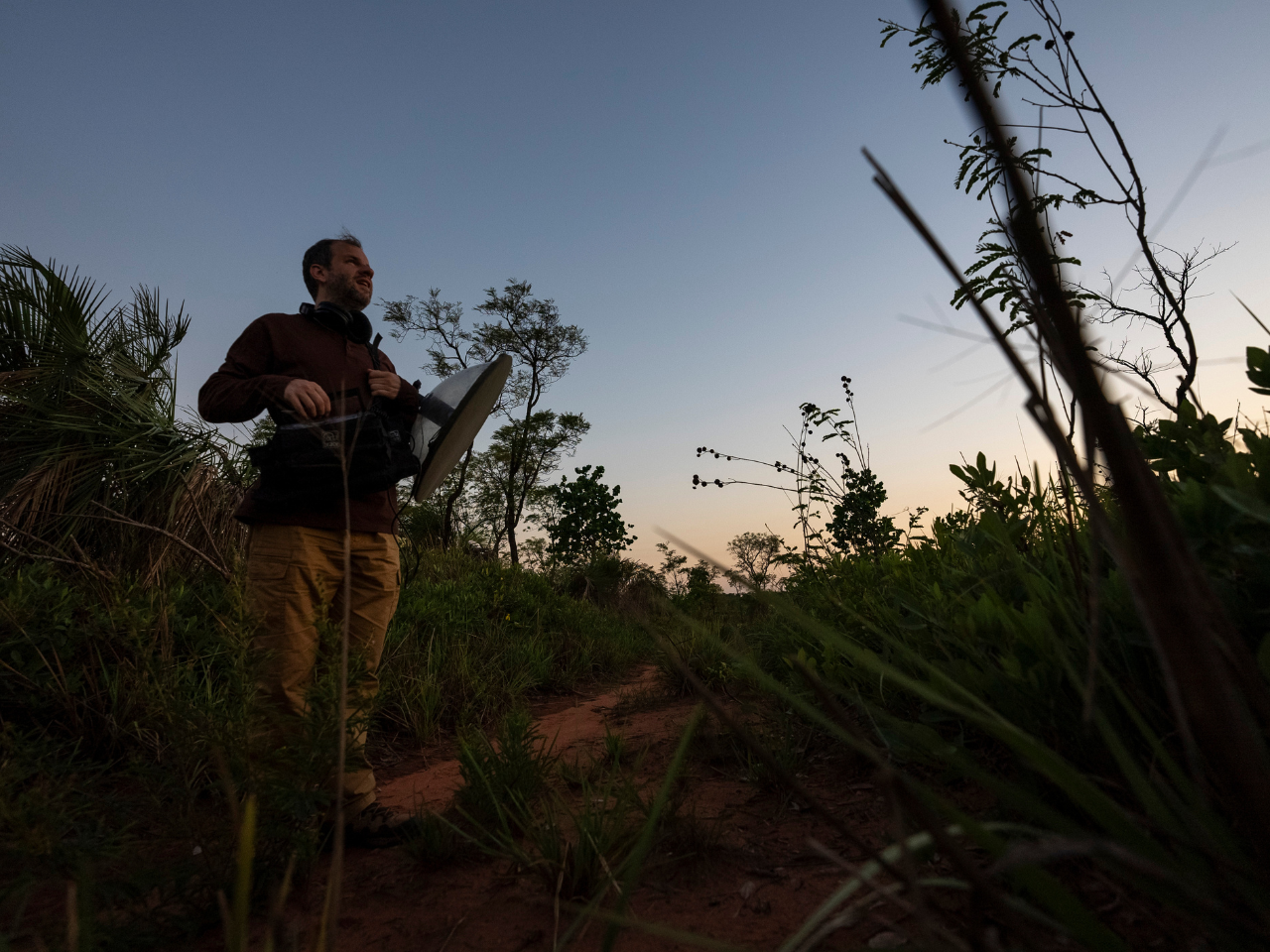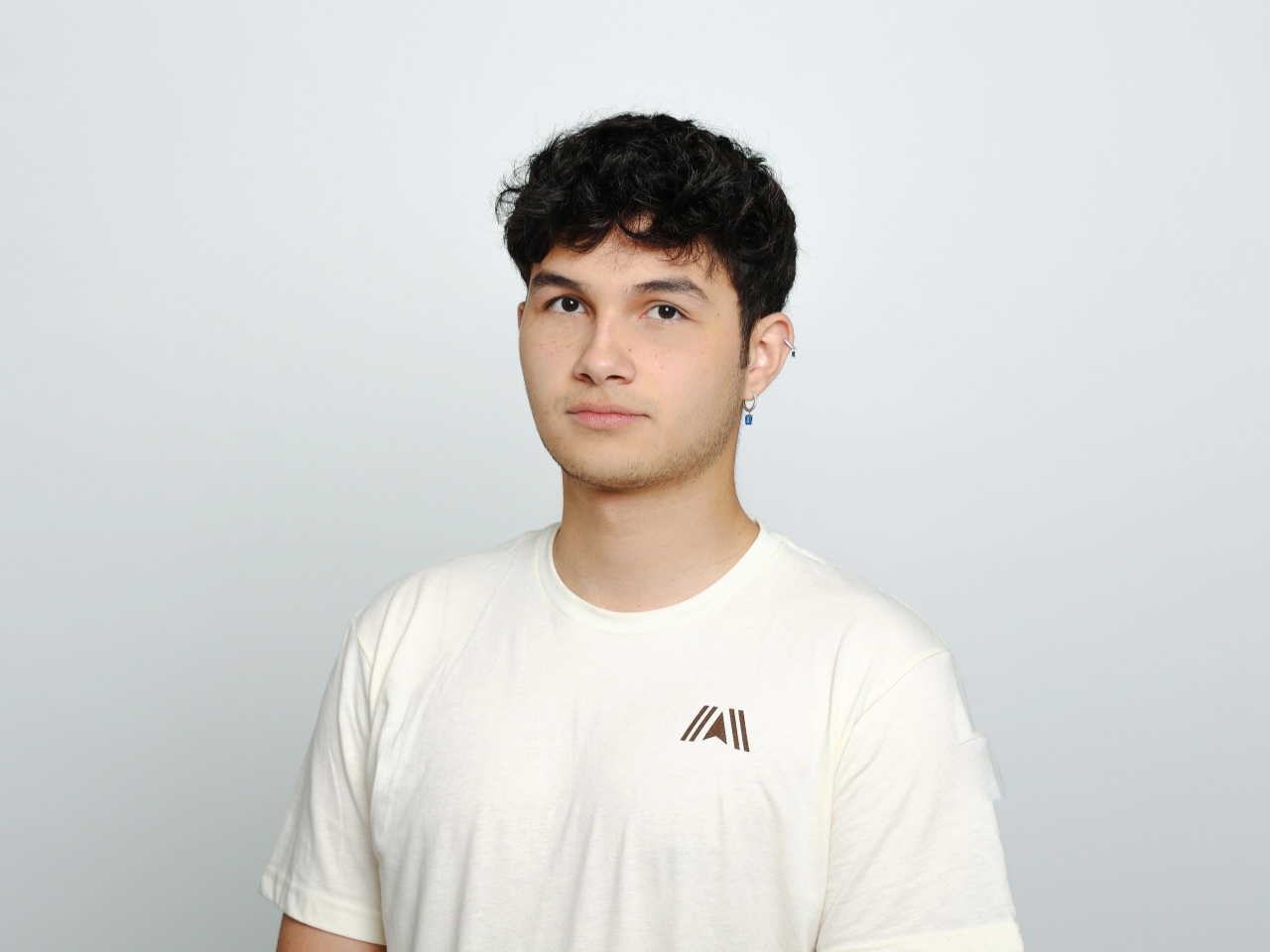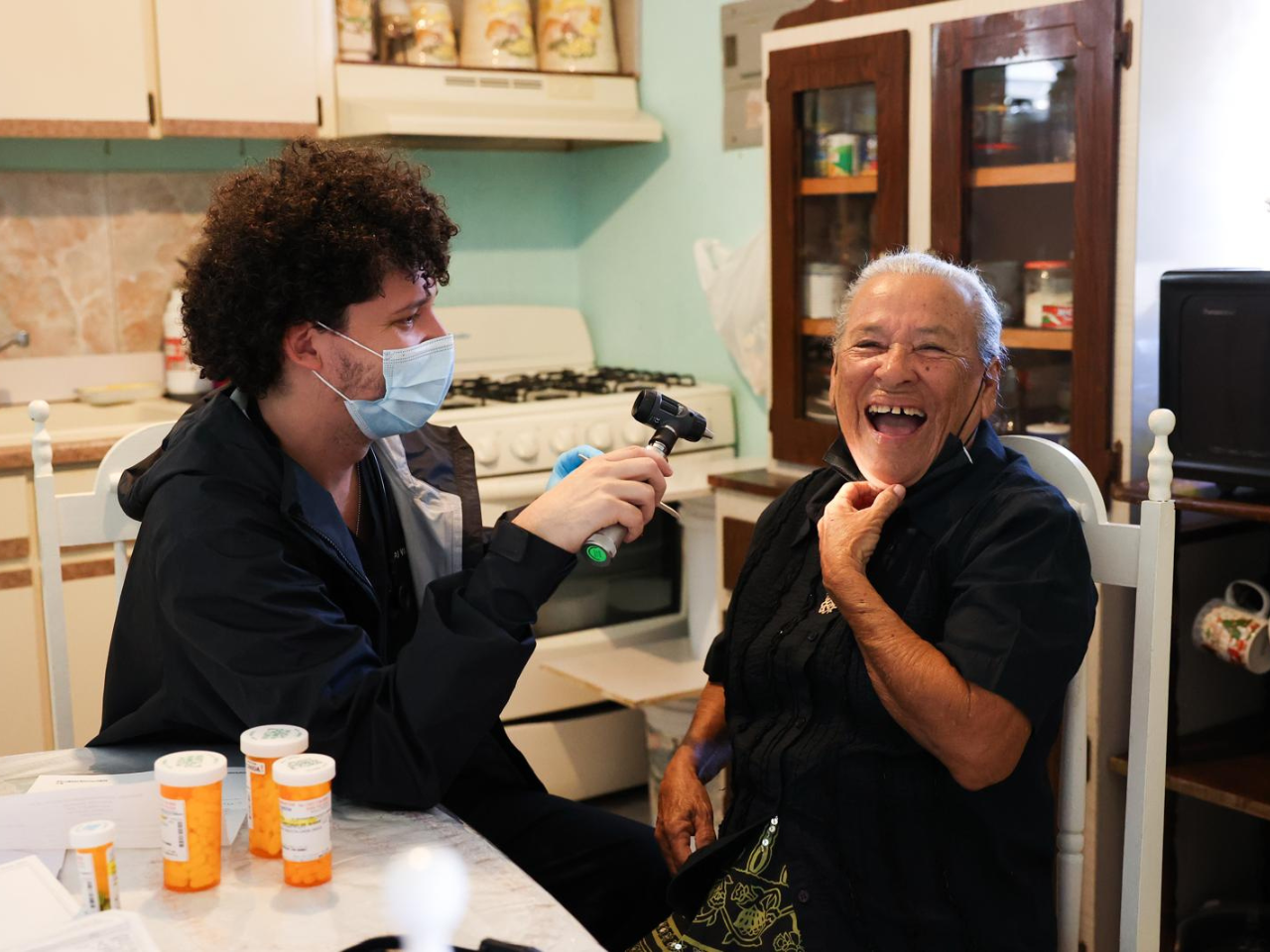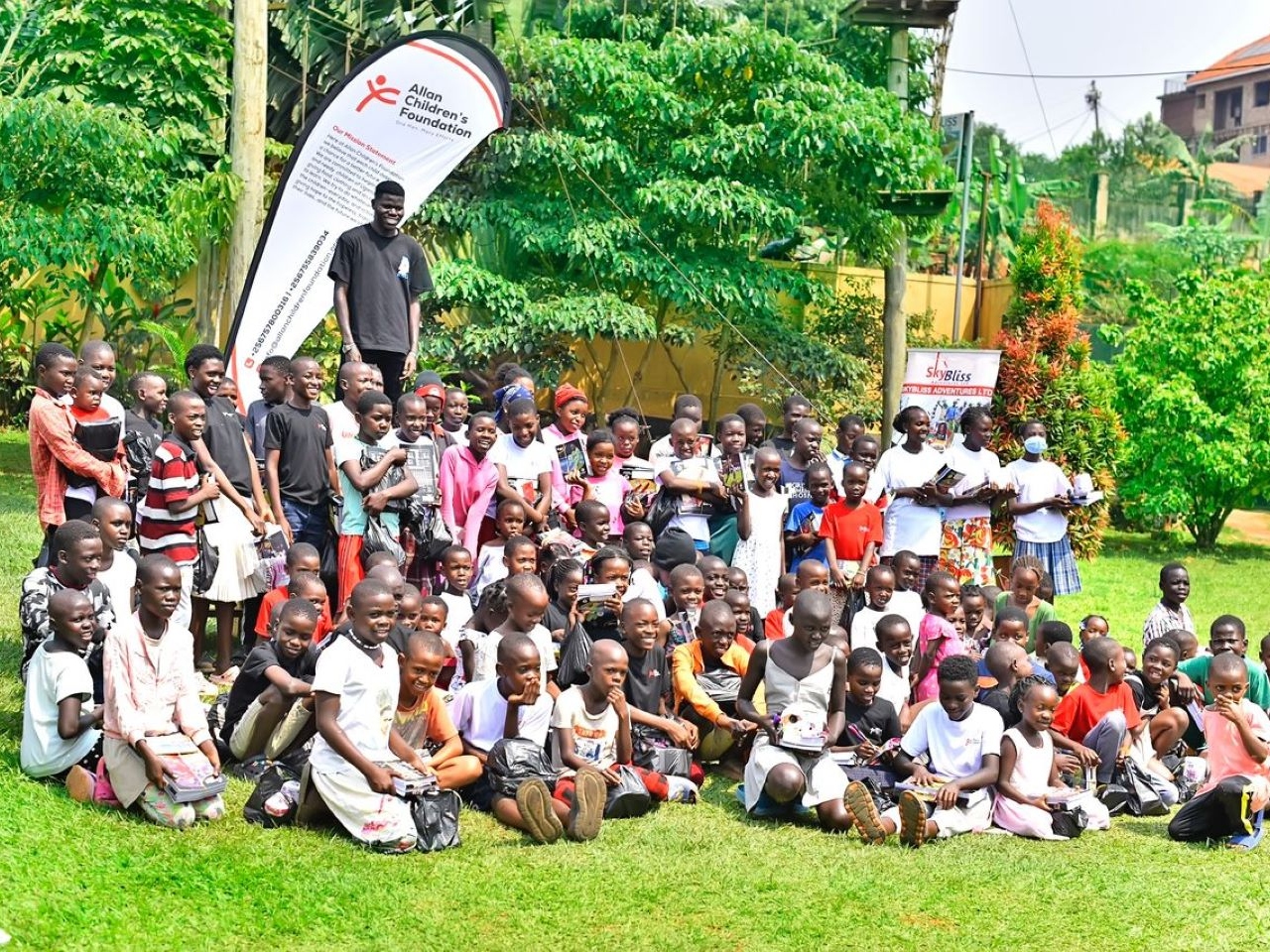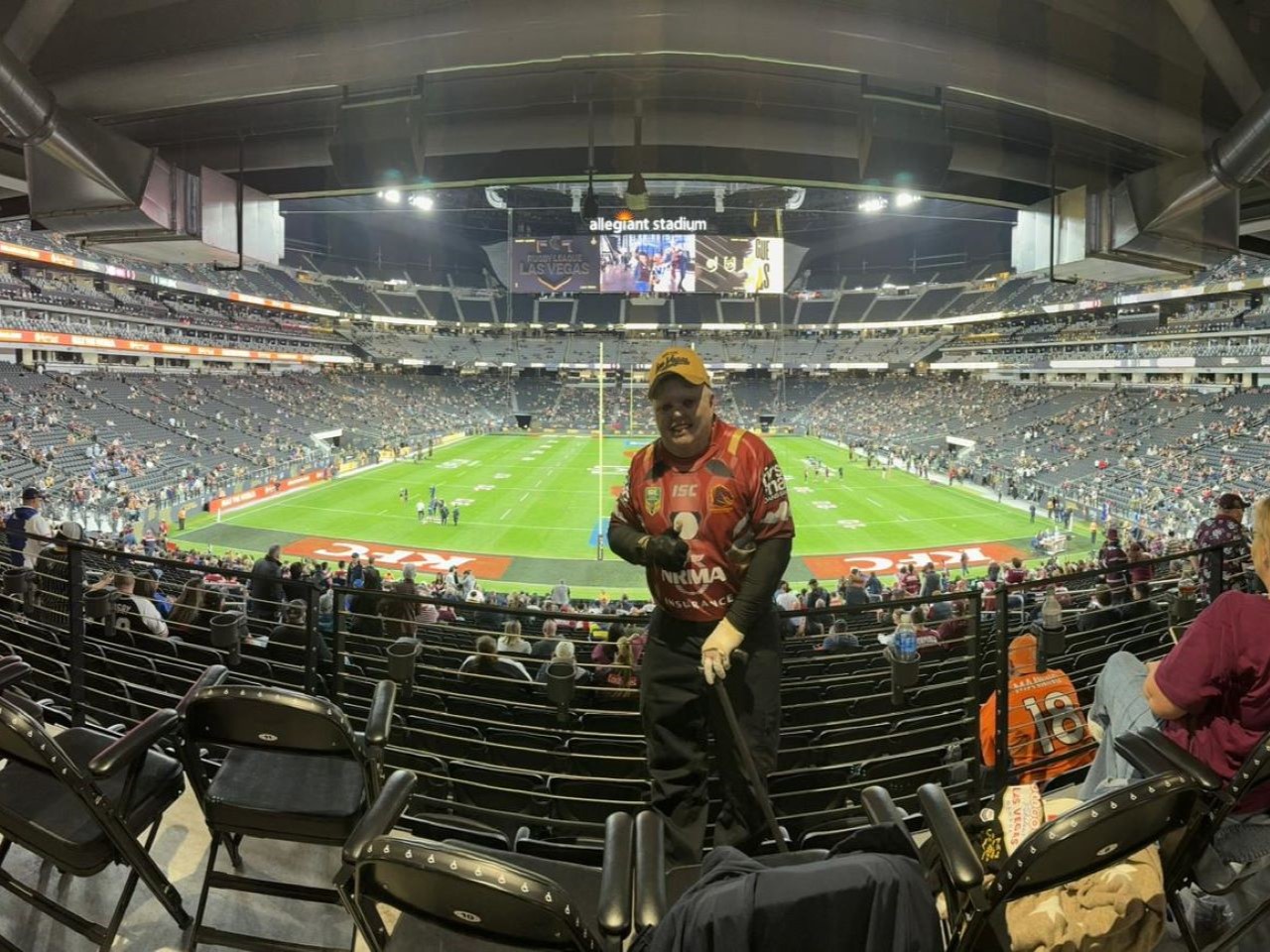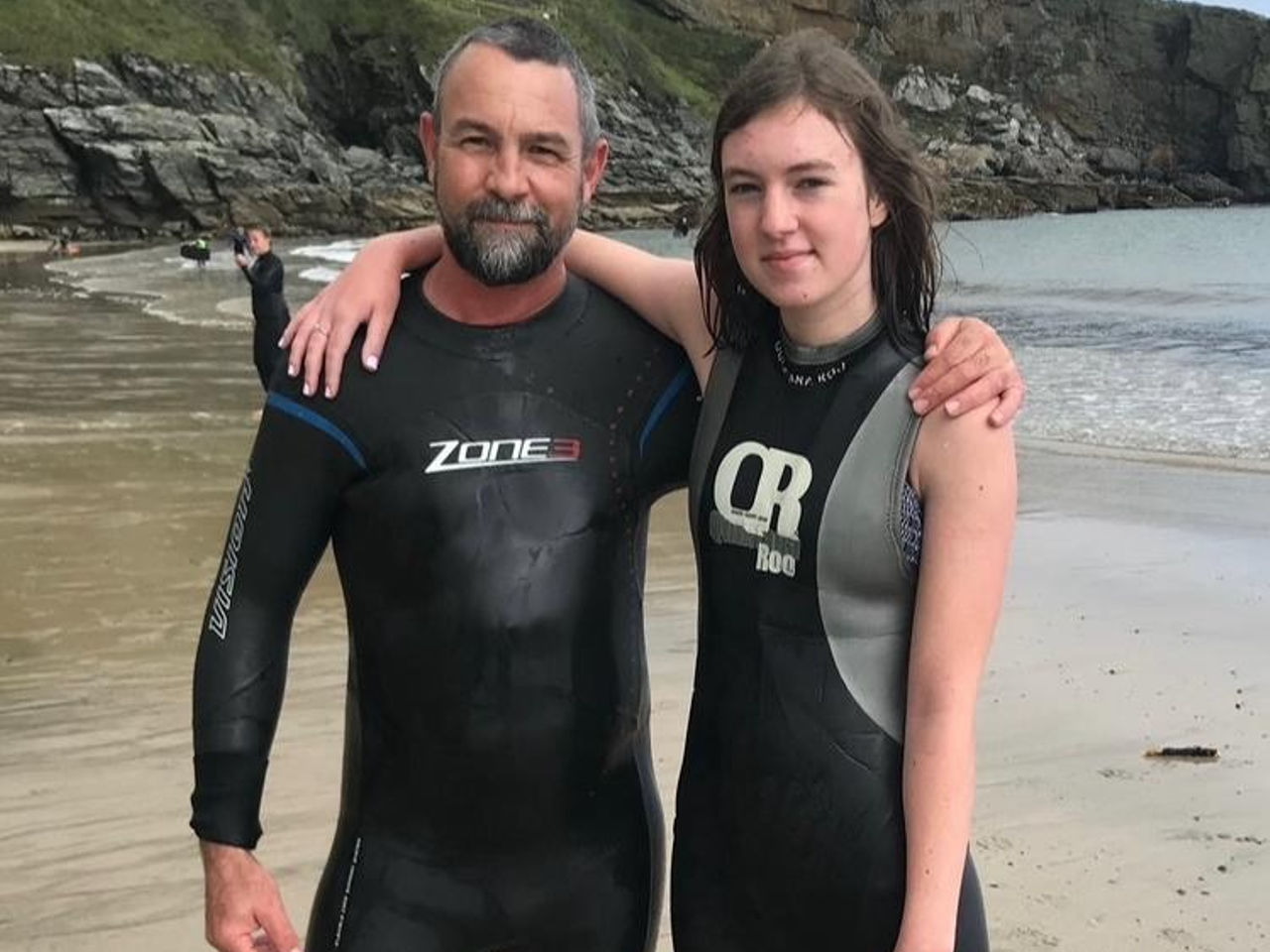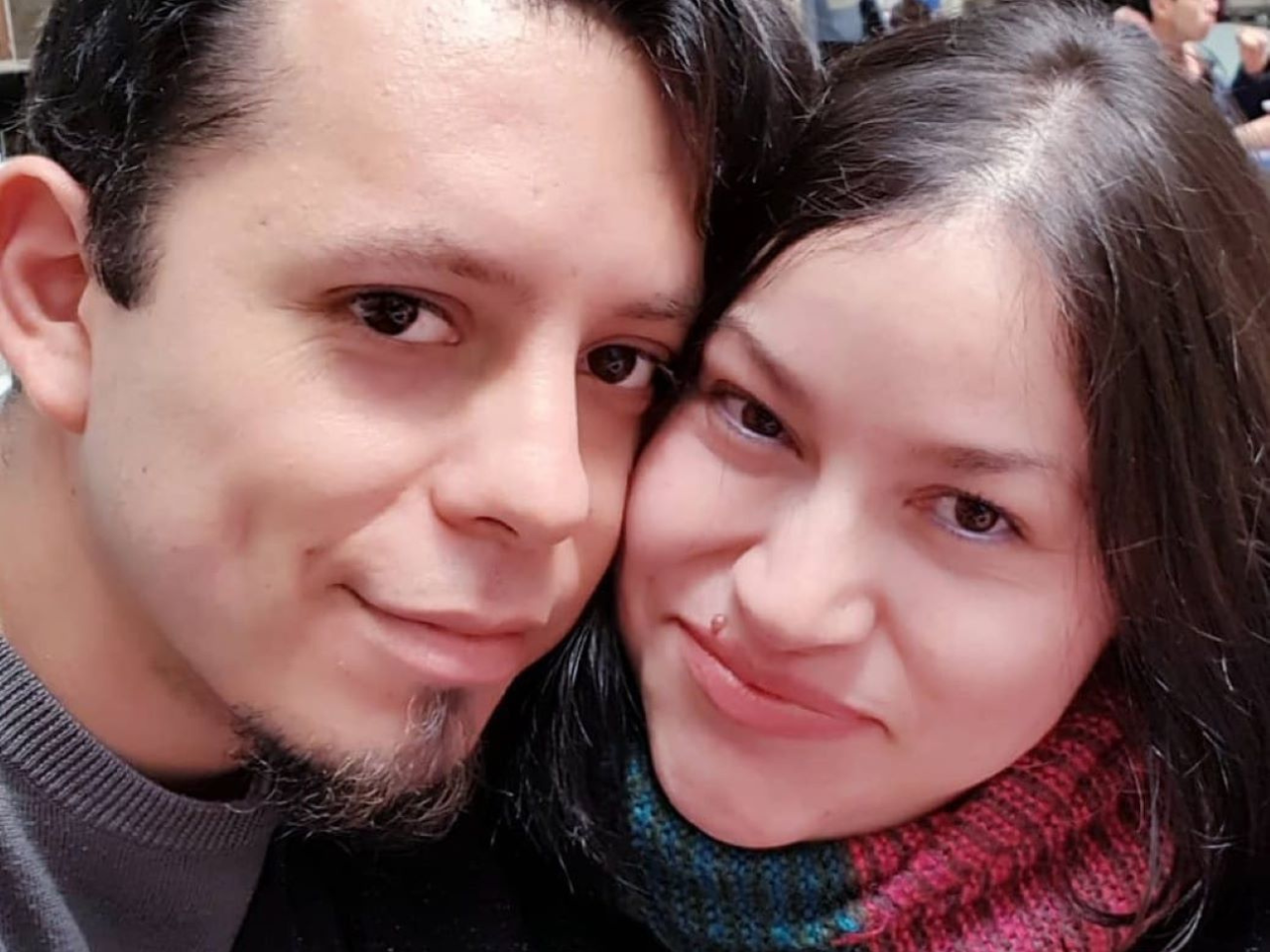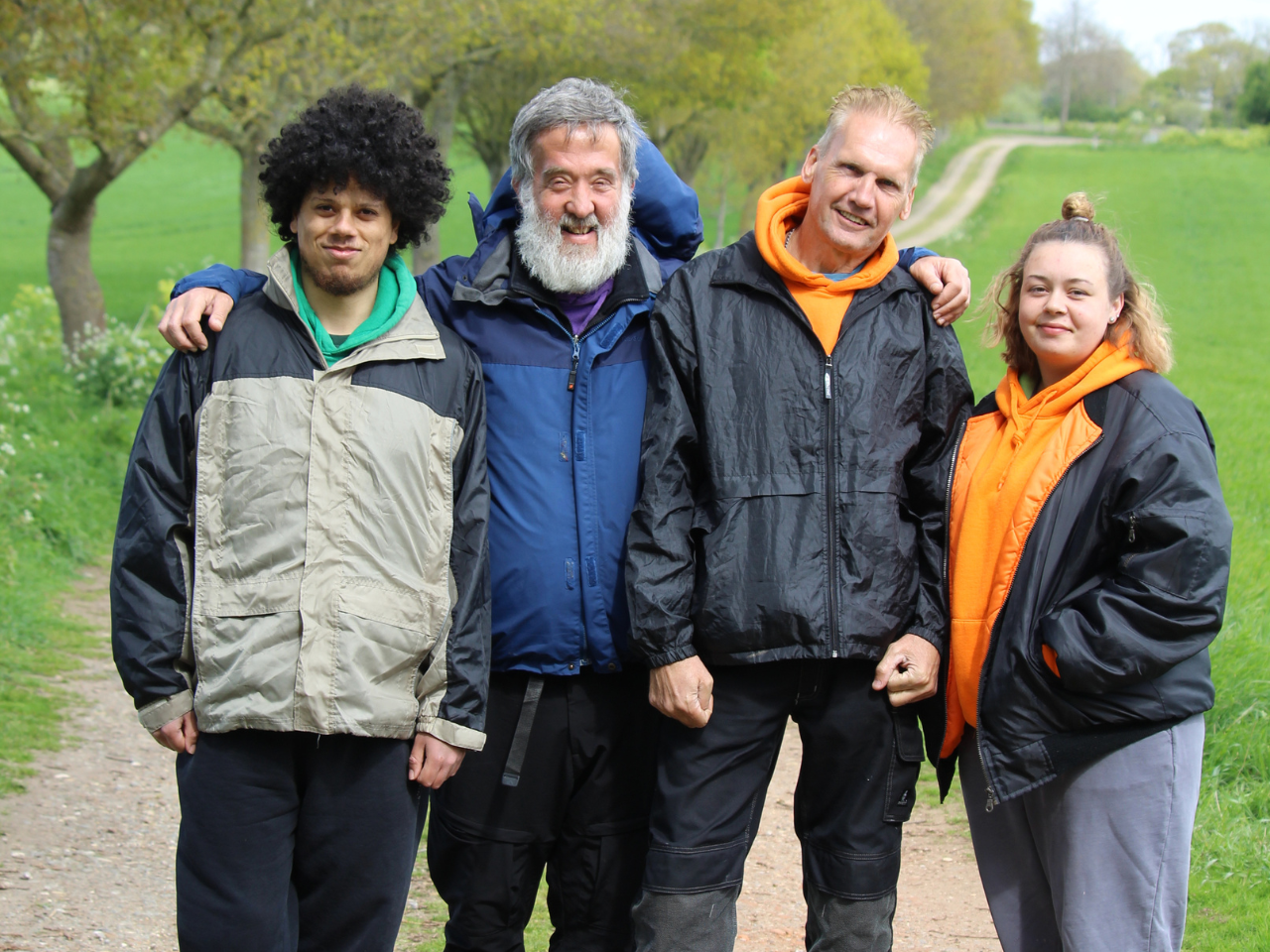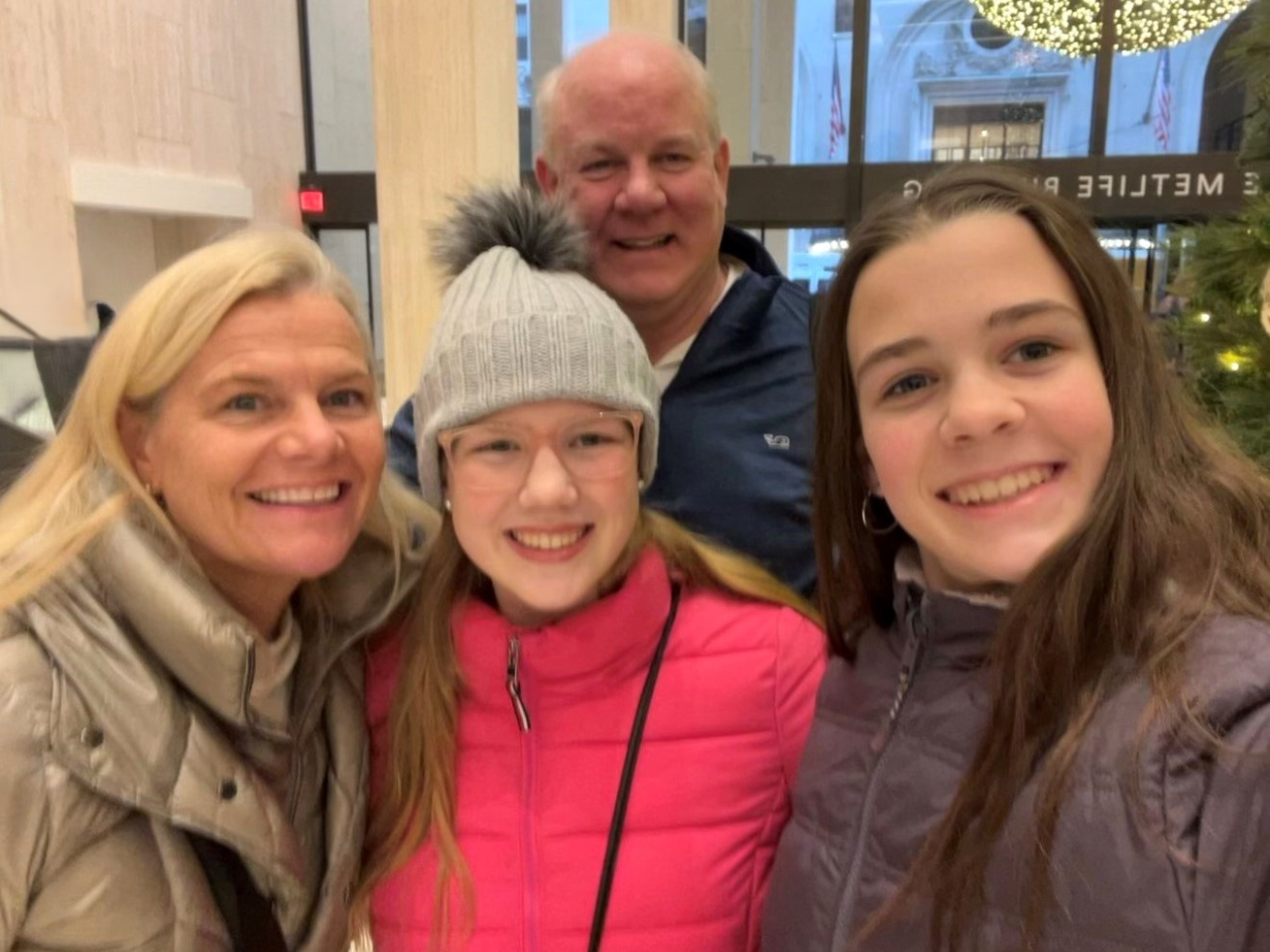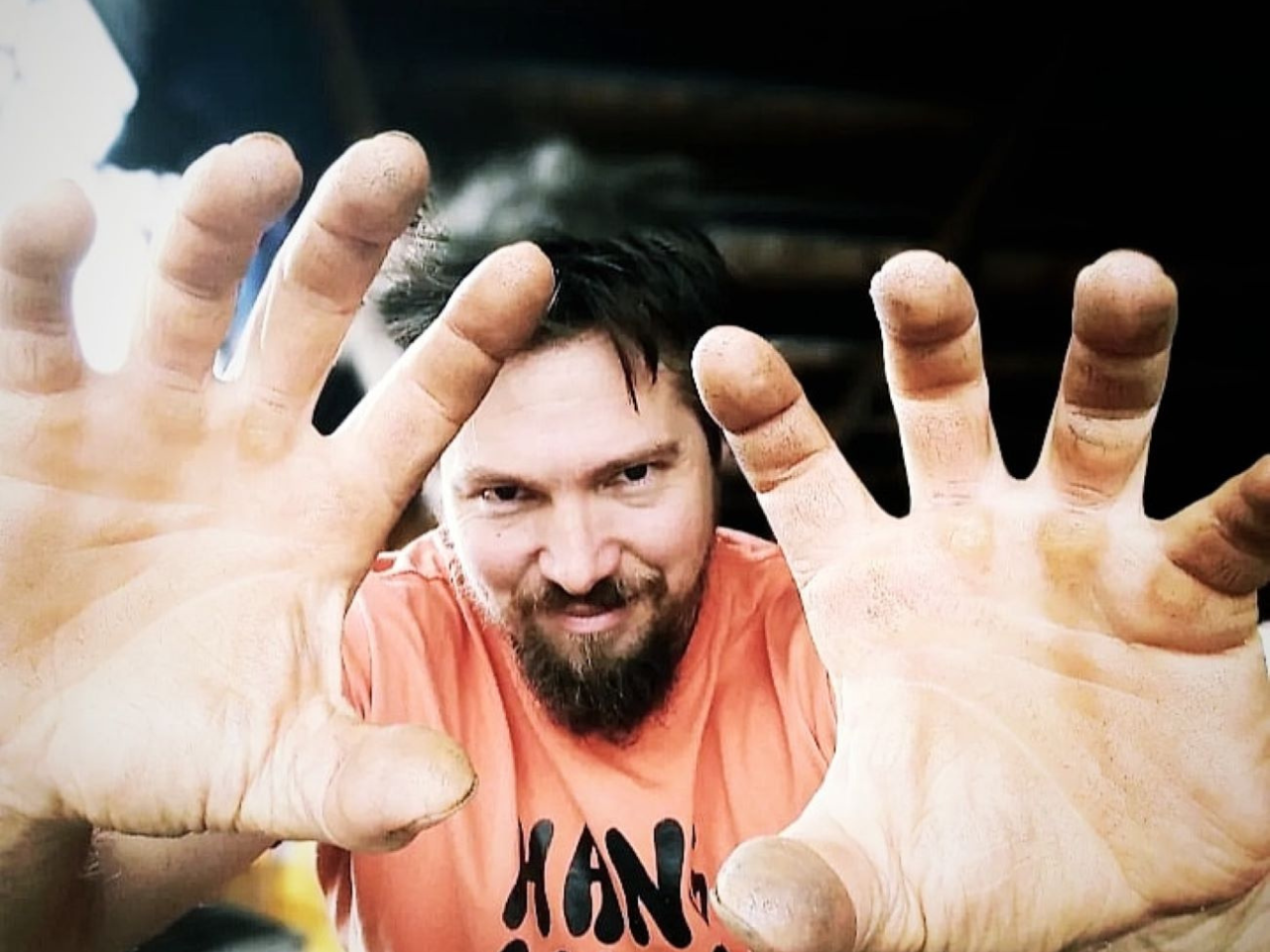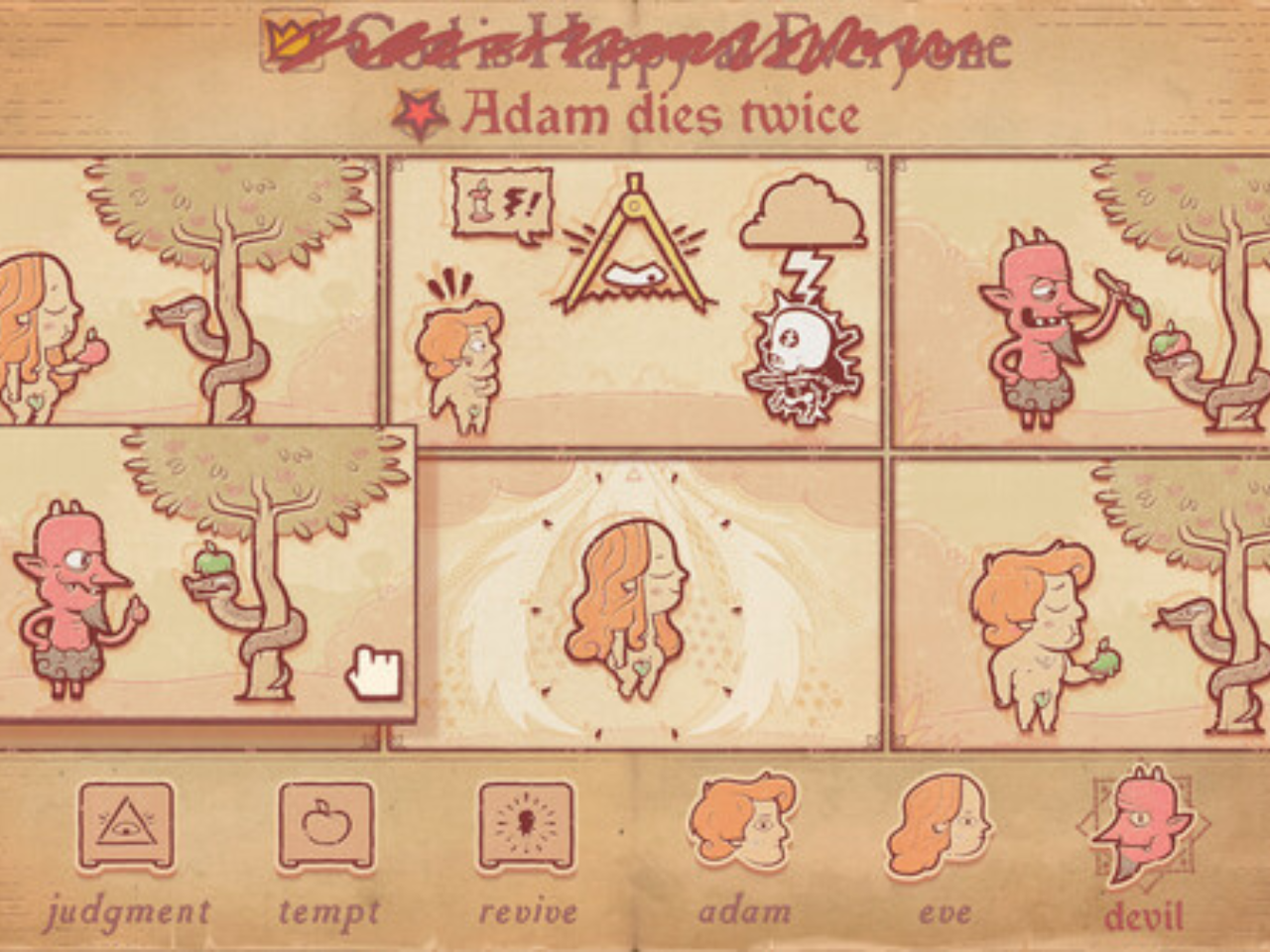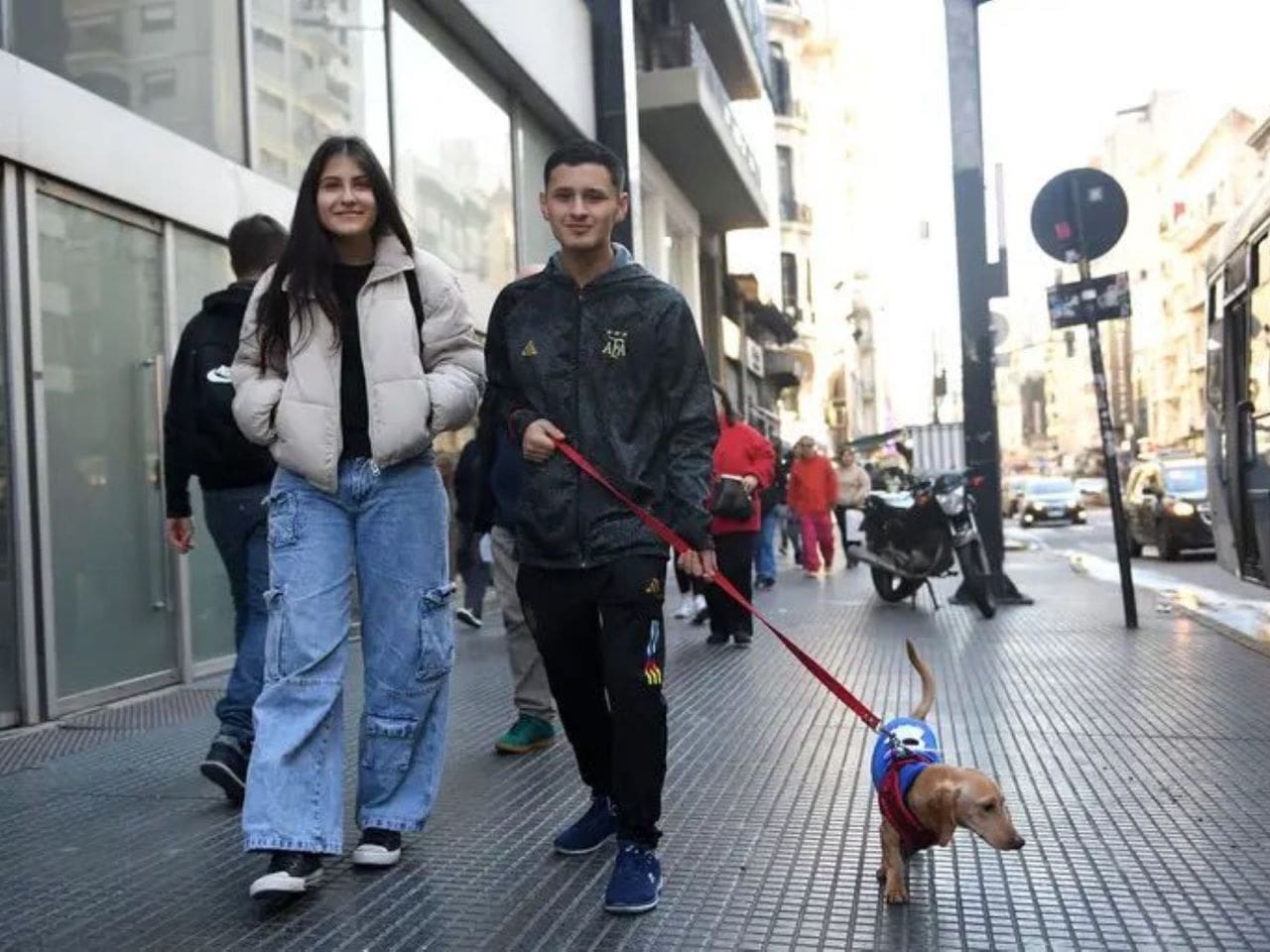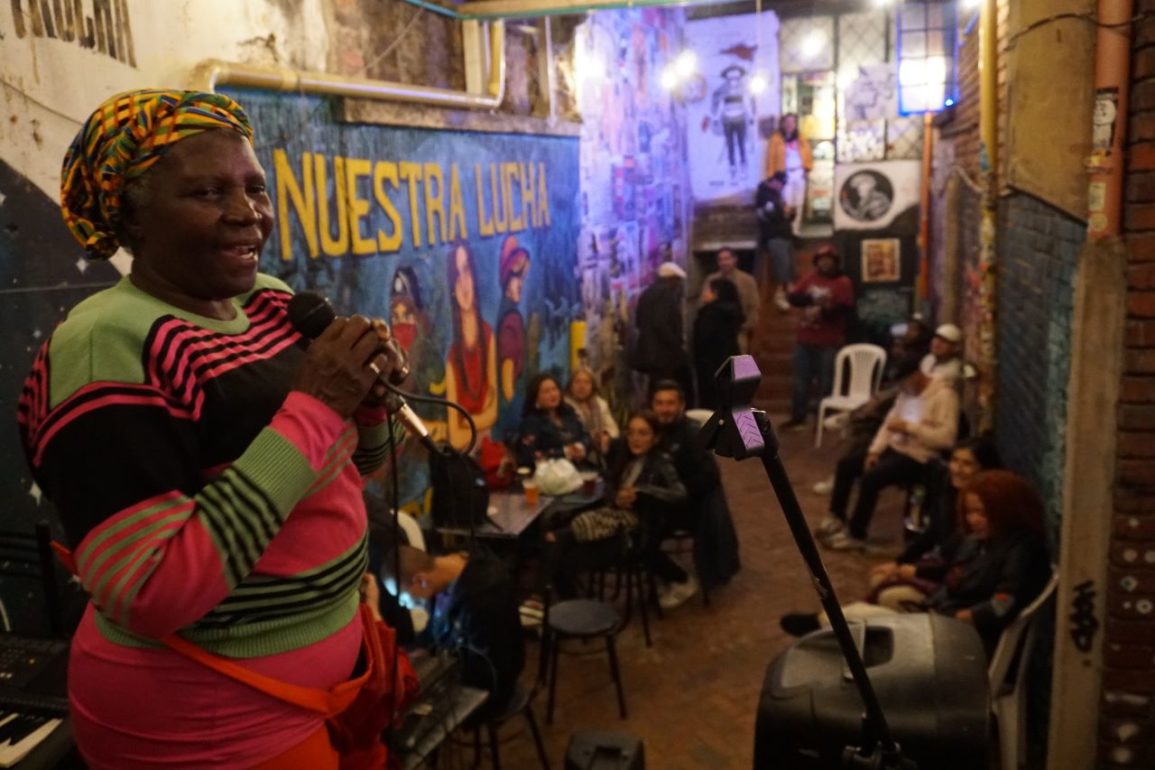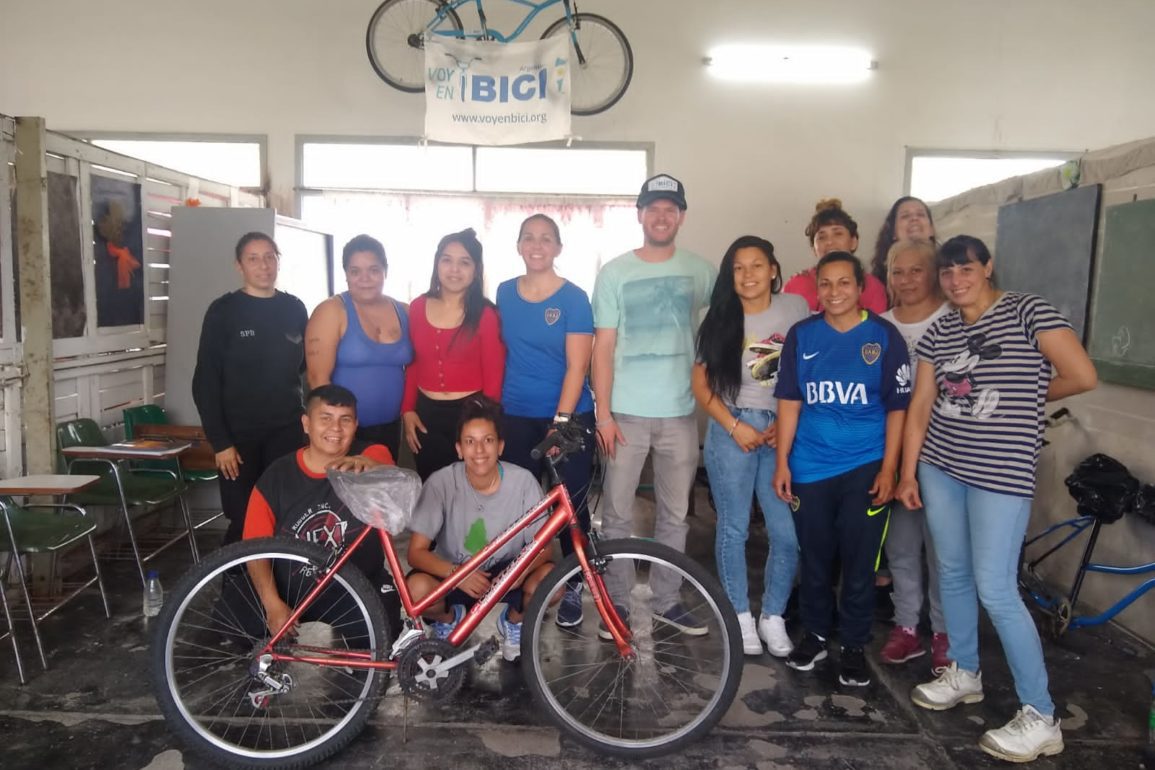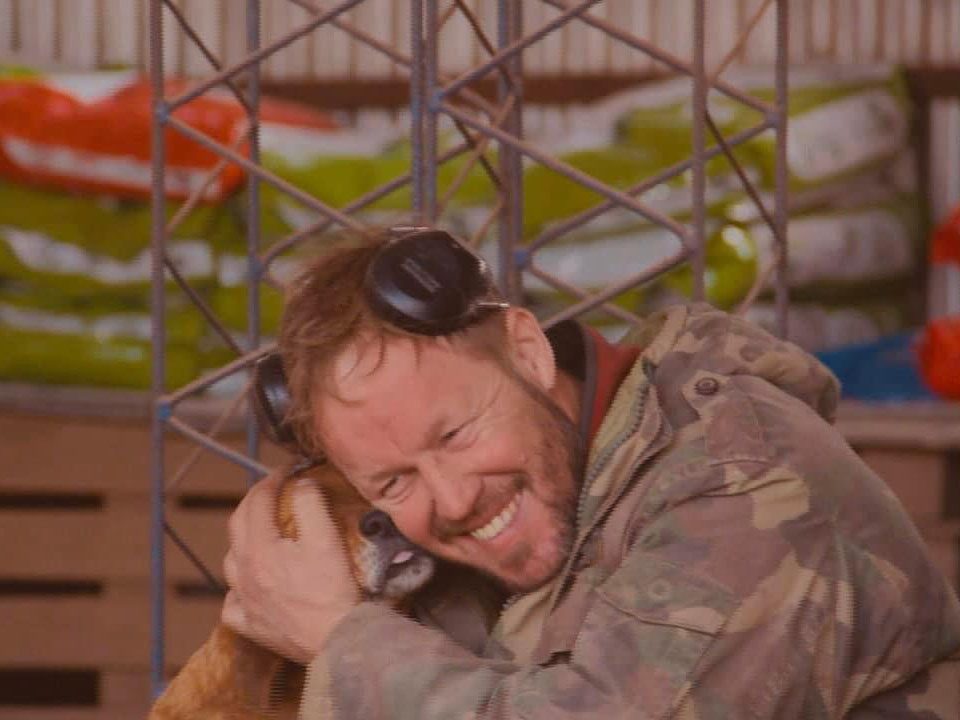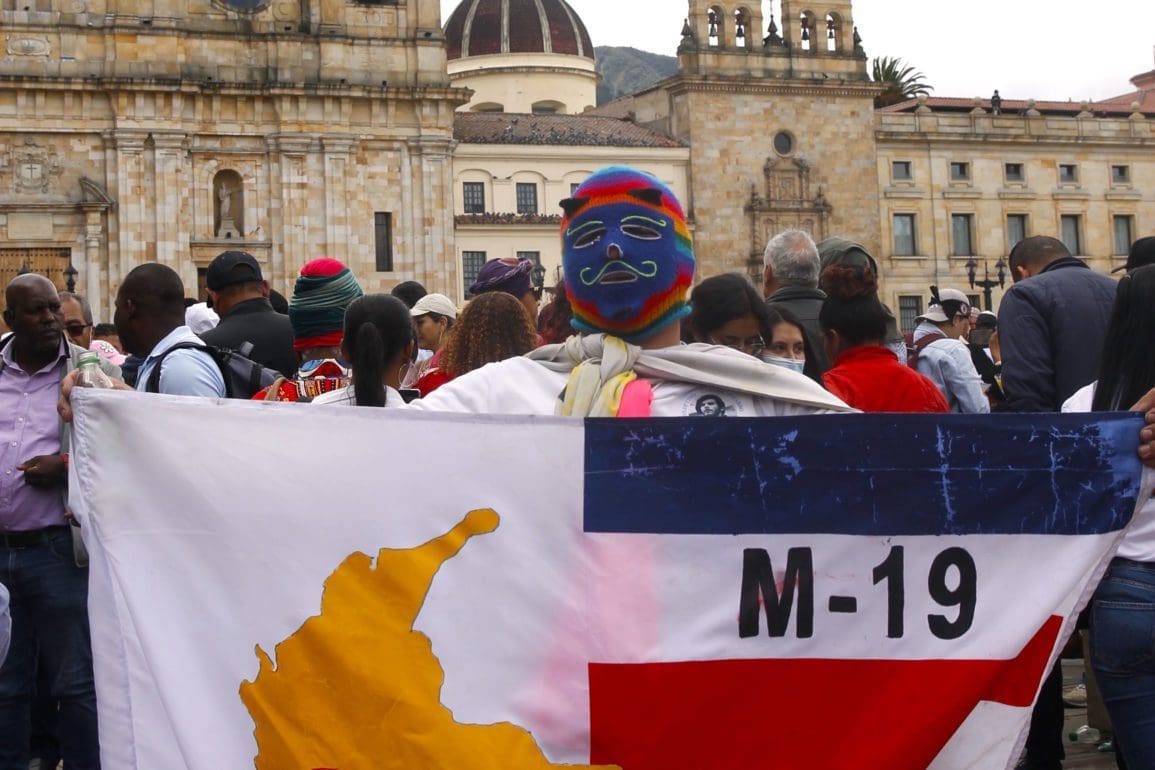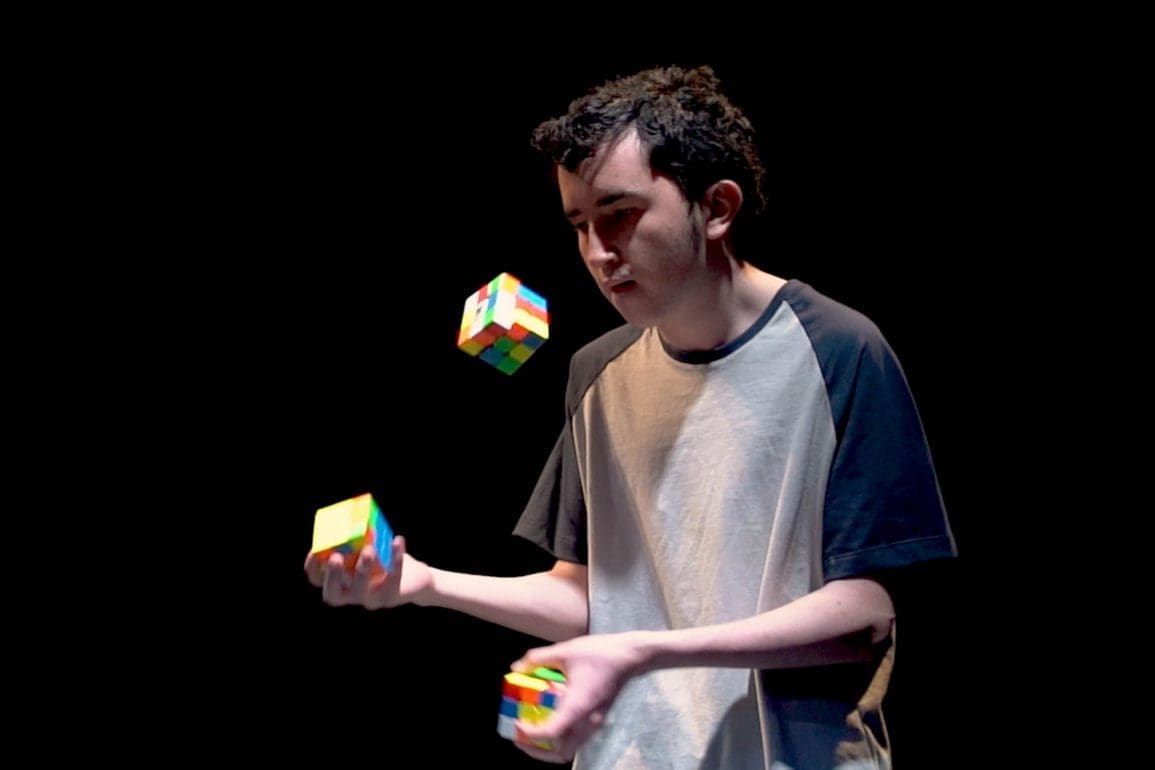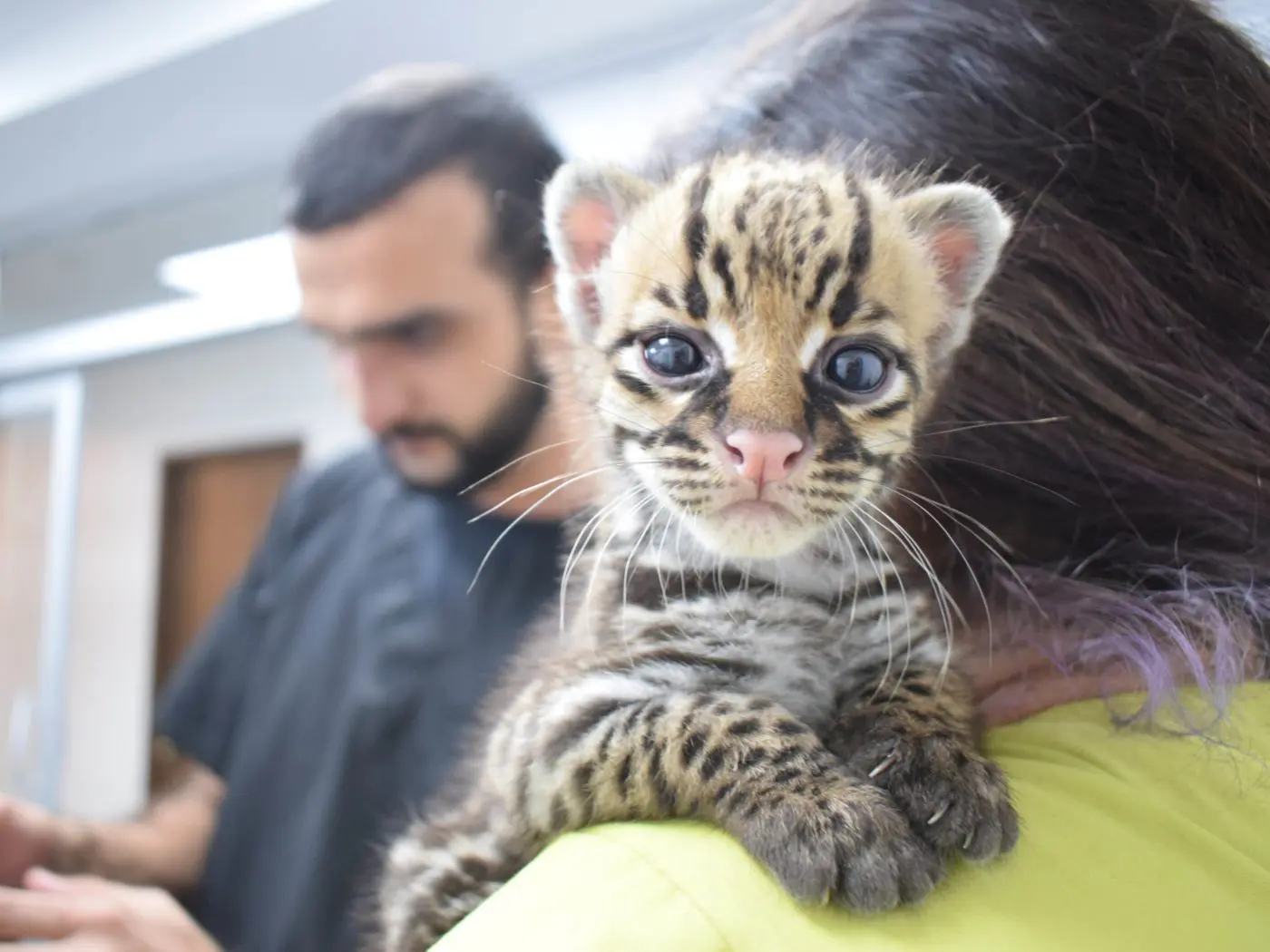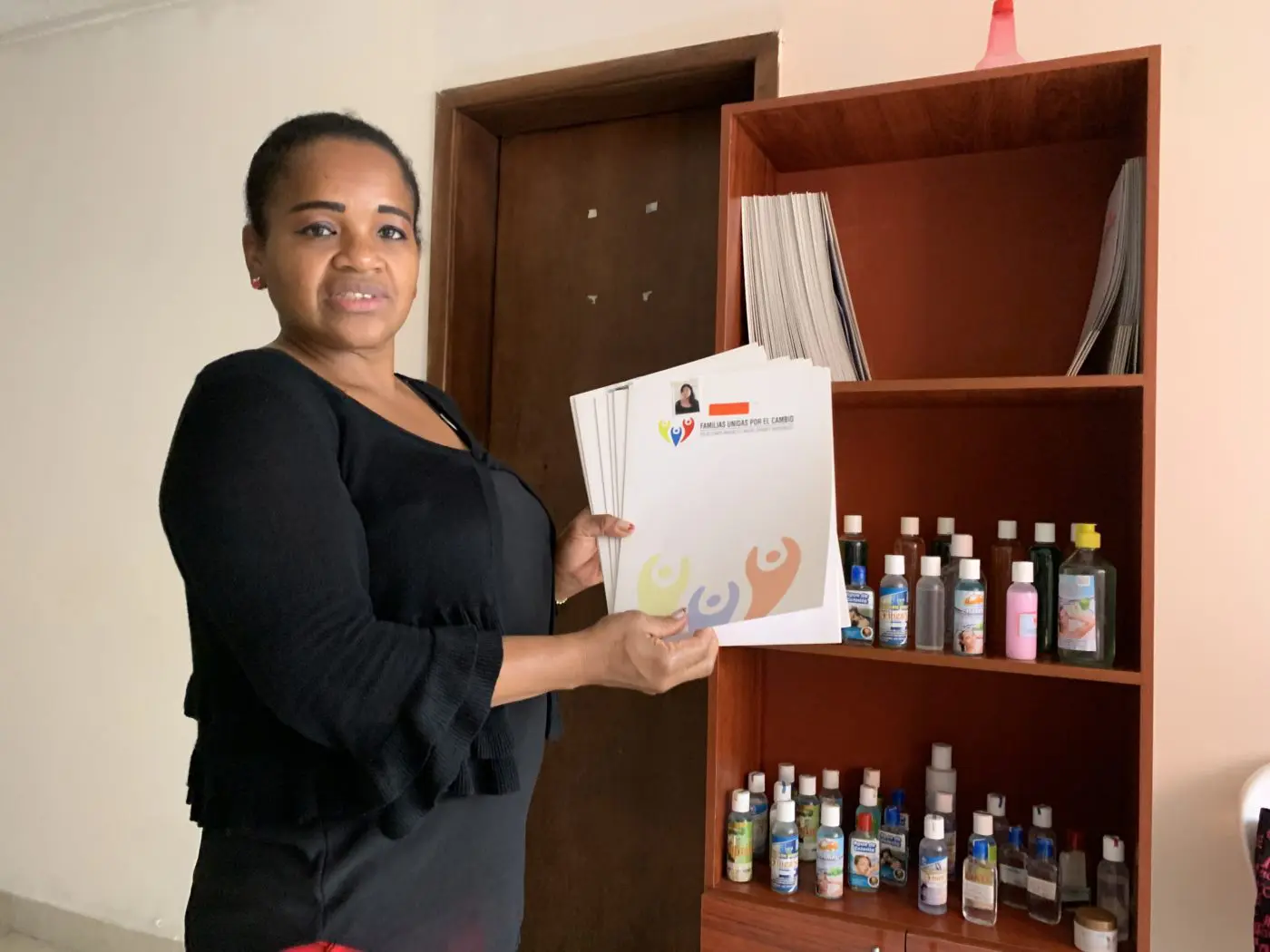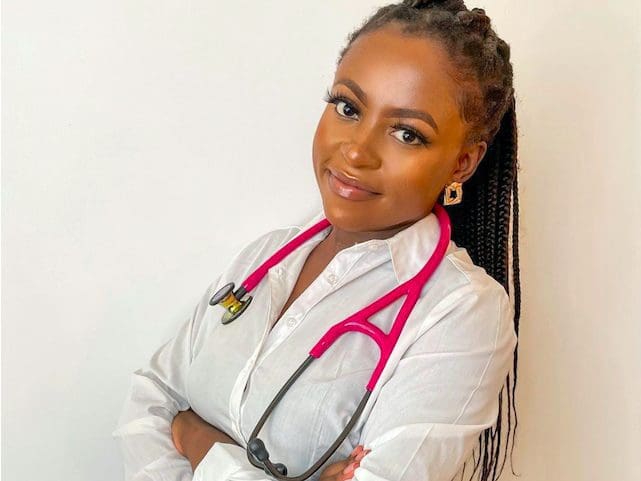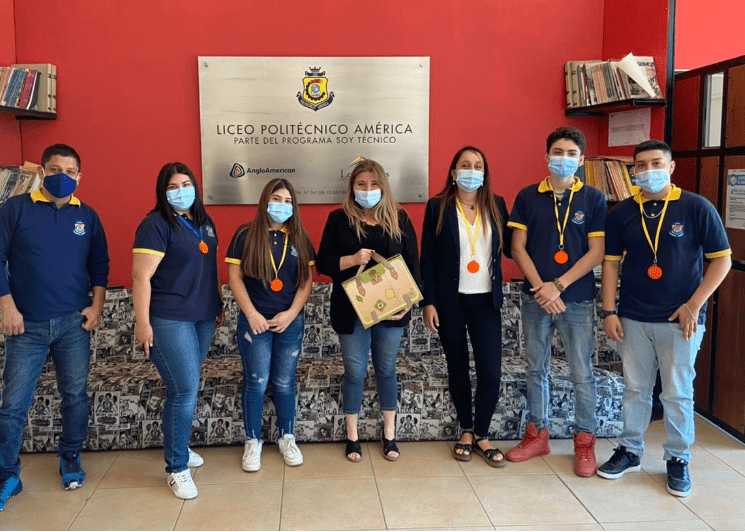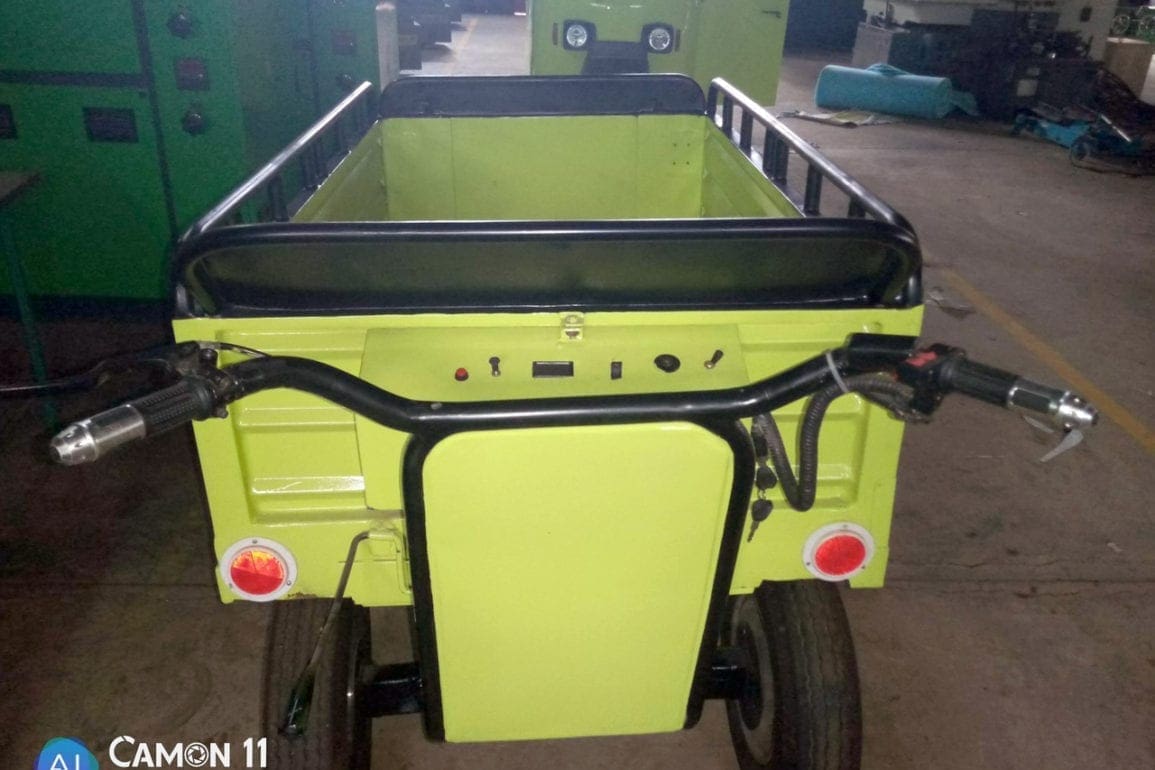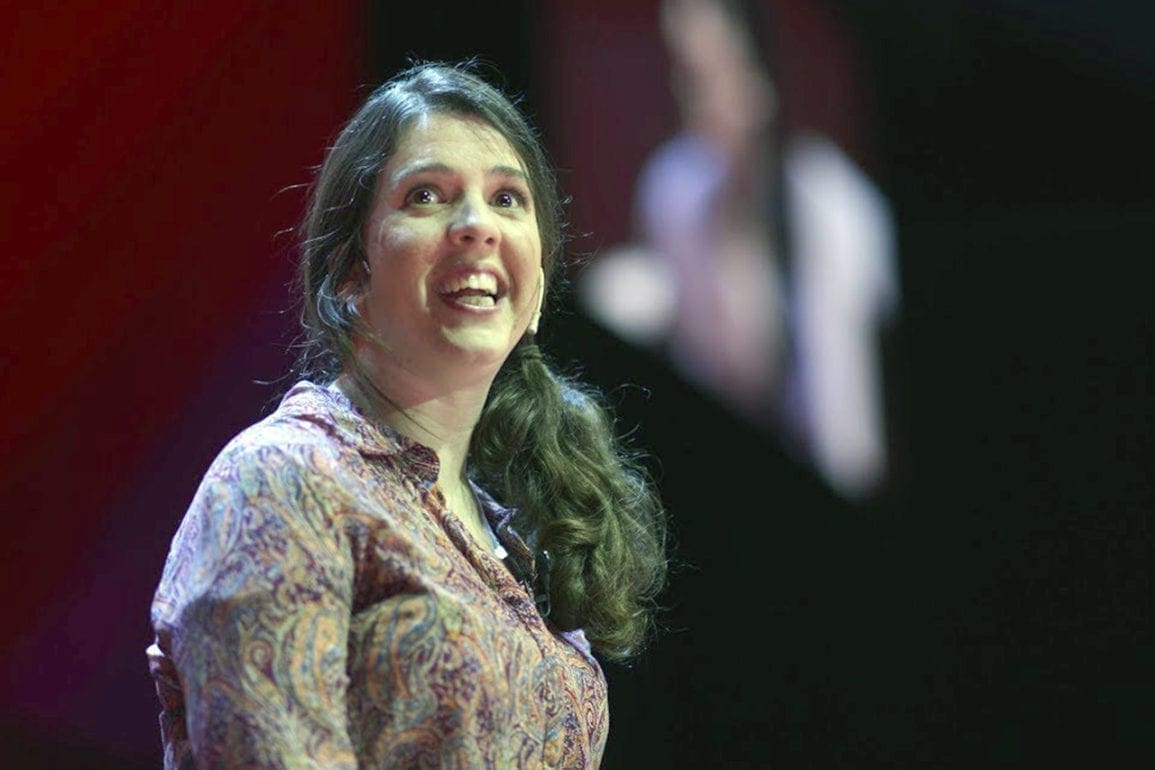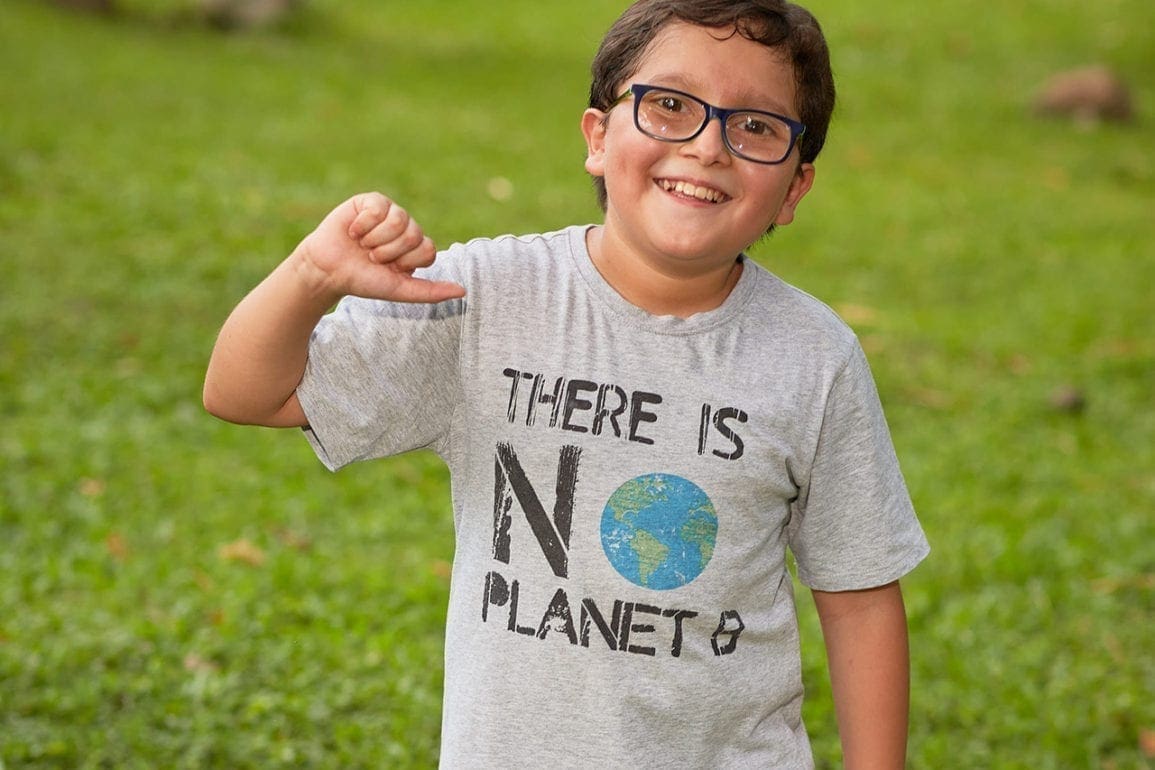Women who endured burns over 75 percent of her body becomes a doctor, spurs support for victims
At a young age, when people often seek clear skin, I faced the reality of having over 80 percent of my face burned.
- 2 years ago
March 22, 2024
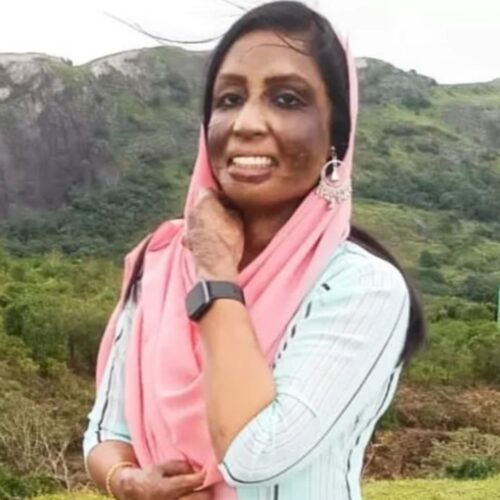
KOCHI, India — At five years old, while studying at a table with a kerosene lamp above it, I accidentally knocked the lamp over with my hand. It caught fire from the gas stove where my mother cooked nearby. Despite not being close to the stove, my polyester dress ignited. The fire quickly engulfed me, resulting in over 75 percent burns across my body.
Unconscious, my mother cried as neighbors rushed me to the nearest hospital. From there, I was transferred to a bigger hospital. The doctors who took on my case cautioned my parents that even after multiple surgeries, I would never be the same.
My journey as a burn survivor on the path to recovery is paved with victories, setbacks, and countless lessons. The emotional part of my recovery remains an ongoing process.
Read more stories from India at Orato World Media.
Young girl burned on 80 percent of her face, endures 10 surgeries
Surviving a burn injury demands resilience, strength, and an indomitable human spirit. For nearly a year following the accident, I spent countless hours receiving medical care at Kottayam Medical College, undergoing over 10 major surgeries and skin grafting procedures.
While most children enjoy their youth, I found myself at medical facilities. Soon, my appearance began to change drastically. I lost my earlobes and right pinky finger. When I looked in the mirror, I could not recognize myself.
When I saw the scars covering 75 percent of my body and 80 percent of my face, I thought of all the young people working to have clear skin. I faced a different reality. In time, every one of those scars would narrate a tale of survival and bravery.
Coming from a Muslim family in a society fixated on fair skin, I soon faced undue criticism. Relatives and neighbors mostly made comments at my parents – particularly my mother – as if the scars I bear resulted from negligence and not an unfortunate accident. Relatives also helped financially, as my father could never the cover the cost of my care alone.
During those days, I struggled immensely and survived, enduring both physical pain and societal scrutiny. Through each grueling day, it was my father’s support that helped me embrace my new identity. God granted me a second chance at life and my father showed me how to use it – to contribute positively to the world. A pillar of strength, he taught me to focus on finding solutions and this mindset serves as a cornerstone of my existence.
Battling bullying in school and self-blame amidst my disfigured appearance
Most teenage girls grapple with concerns about beauty. For me, those concerns were exacerbated by the pitying looks I saw on people’s faces and the tactless questions they asked me about my appearance. I tried to answer their queries, but a preoccupation set in. I often considered the thoughtlessness human beings display.
After a year of treatment, returning to school proved to be a challenging ordeal. Facing other students and their parents, I saw fear in their eyes. Some people avoided me and even laughed at my appearance. I began to feel highly sensitive – a natural response to having an unrecognizable and disfigured face. As I gazed into the mirror, I started to blame myself for the pain I endured. The tears flowed from my eyes even over minor problems. Yet, through it all, my teachers and my parents encouraged me, and my three sisters rallied around to help me with my studies.
Fate my have taken my face from me, but in its place I gained the endless motivation of my mother and father. They worked hard to instill courage and confidence. As time passed, my classmates started interacting with me more and accepting me. I made friends and school became more tolerable. when I finished the tenth grade, my father urged me to contemplate the future. By that time, my school felt like a sanctuary and the idea of going away to college seemed daunting. I felt intimidated and worried about encountering surprised reactions from strangers.
Embracing a second chance: from burn patient to aspiring homeopathic doctor
One day, after fighting through the underlying urge to remain home for good, I discovered my ambition. I went to my father and told him I wanted to be a doctor. Her erupted with joy and asked me, “What is your motivation?” I told him I harbored a deep desire to help people in distress. The long hospital stays of my youth fostered a deep admiration for the medical professionals who healed me, and I wanted to join their ranks. Without hesitation, my father facilitated my enrollment in junior college, majoring in science.
For so long, the ailments of my childhood cast a long shadow over me, breeding insecurity that only magnified over time. Excelling in college heralded a new chapter in my life. When I scored high on the medical college entrance examination, earning my place in the Bachelor of Homeopathic Medicine and Surgery, BHMS, a new sense of confidence blossomed, altering my self-perception and diminishing the shame I carried for so long.
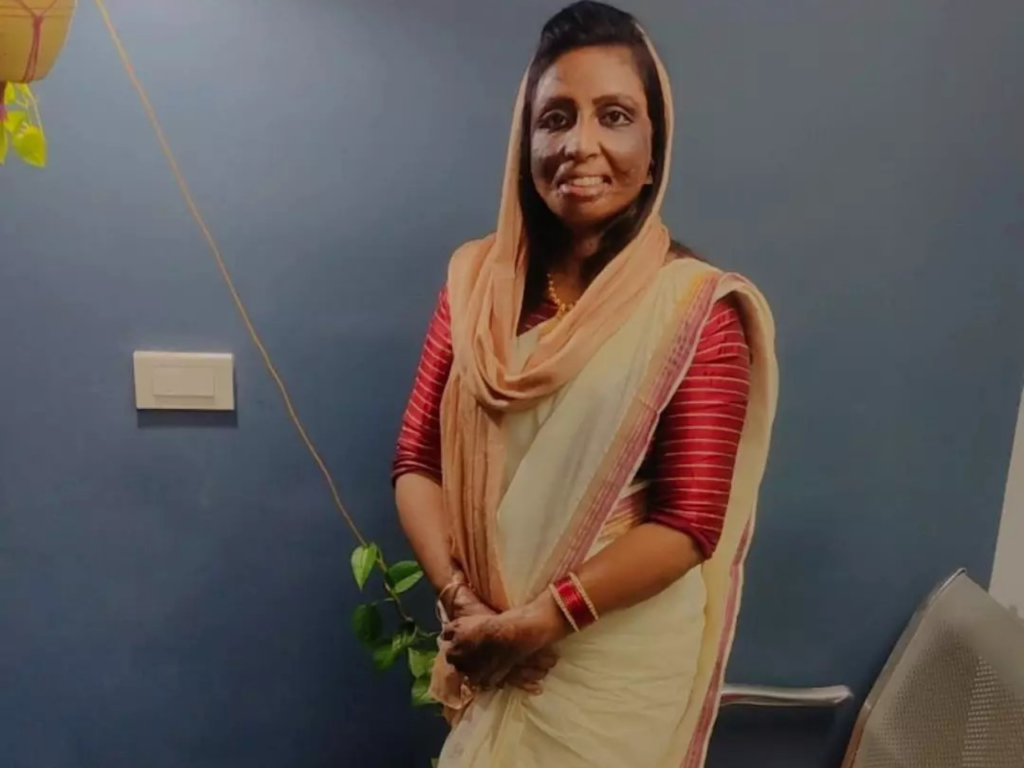
At BHMS, I made amazing friends who played a crucial role in rebuilding my self-confidence. My new path became like a rebirth, as if I rewrote my own destiny and in that story, I would become a homeopathic doctor.
It felt like another second chance; an opportunity to use my experience to lift people out of their struggles and inspire them to soar by unearthing their passions and talents. With my sights set on this goal, the unwavering support of my parents and sisters lifted me to where I am today. When I look at their faces, they beam with pride at my achievements.
Becoming a doctor positively changed my life, led me to find my now-husband through social media
I firmly believe self-confidence serves as the cornerstone of any significant achievement. Embracing oneself, nurturing self-love, and persevering become crucial steps toward success. In any circumstance, giving up on life should not be an option. We are all imperfect beings created by God, each endowed with unique abilities and traits. With a positive mindset and determination, I feel confident I can reach my goals. Over the years, I learned to persist even when life appeared to crumble.
Becoming a doctor represented a positive turning point for me and I used to social media to serve as a bridge between me and others. My story became featured on various platforms and then, something surprising happened. I connected with a man on Facebook who came across a photo of me and felt intrigued by my story. He reached out via social media message and we began to text one another. In time, this man became my partner and he proposed marriage.
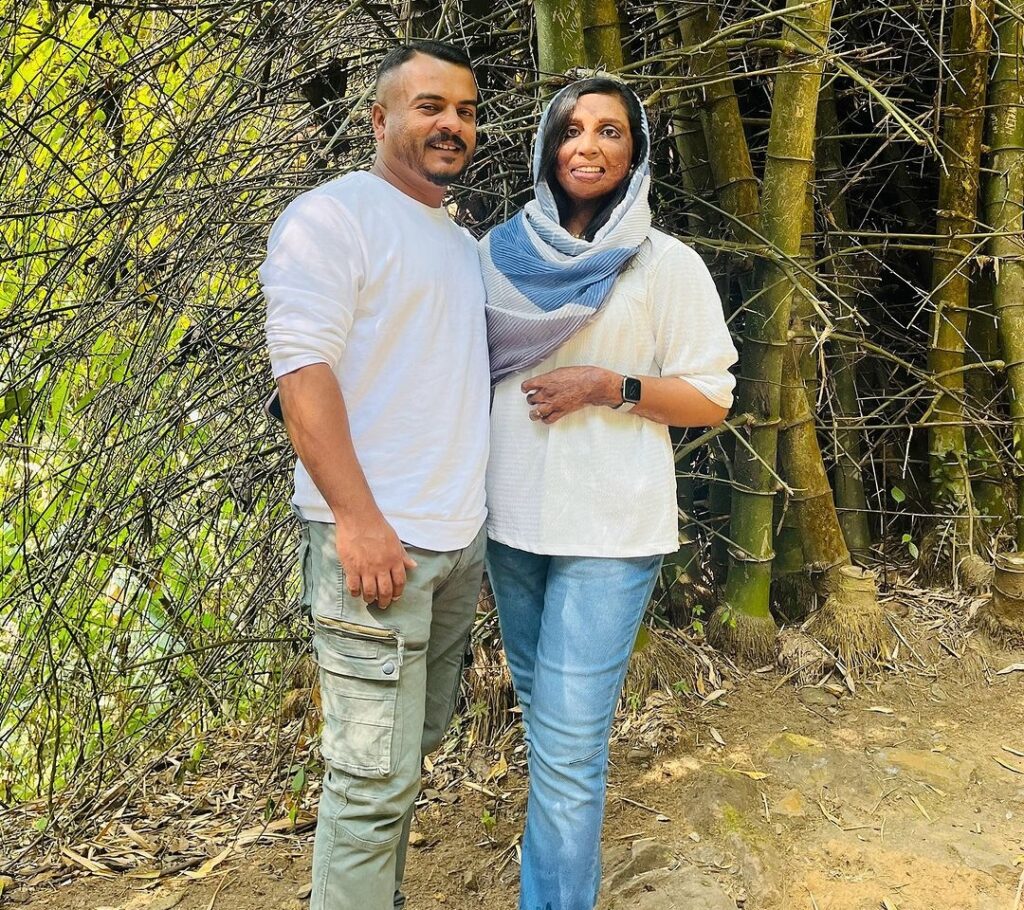
Through all of these years, I see now, it is the people in your life, not the places, that create a sense of home. The unwavering support of my family; my father serving as a pillar of strength during life’s bleakest moments – showed me the profound nature of love.
Today, our society more actively discusses the experiences of burn survivors. We offer psychological support to bolster confidence. From that young girl, discouraged by the questions people asked, today I respond to queries about surviving burns with grace, engaging in meaningful dialogue with those around me. Once emotionally vulnerable, I became a self-assured woman with a positive outlook. I do not need sympathy. Instead, I strive for empathy and respect.

